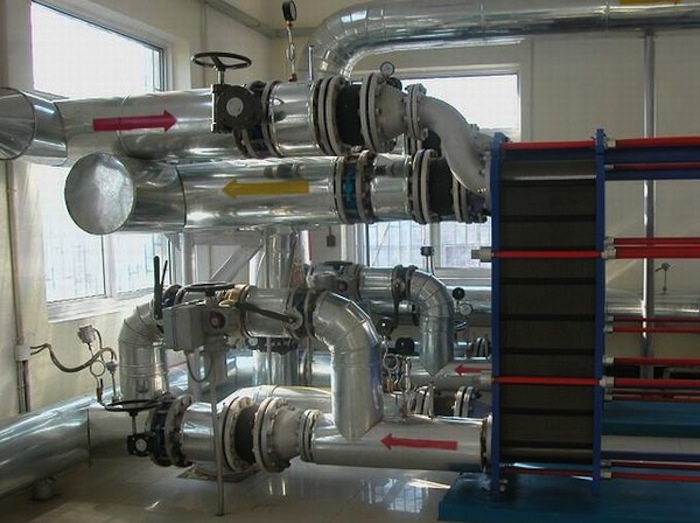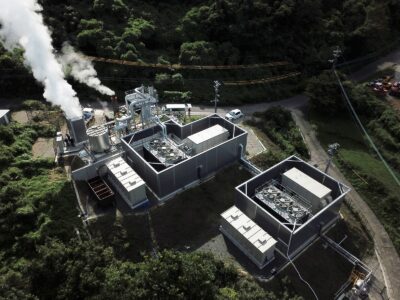ADB backing clean energy investments in Shaanxi, China with potential benefits to geothermal
The Asian Development Bank (ADB) approved a $150 million investment package for clean technology projects in the province of Shaanxi in China, which could benefit ambitious geothermal heating efforts in the province by a Chinese-Icelandic geothermal company.
Already announced in November 2016, the Asian Development Bank (ADB) has approved a loan of $150 million to establish a financing platform to channel funds to clean energy investments in Shaanxi Province.
What makes this interesting though is that this provides also funding for geothermal heating projects in the province, that have been lead by a Chinese-Icelandic joint company called Shaanxi Green Energy. The company has been building geothermal district heating systems in the city of Xian Yang in Shaanxi as well as other provinces of the country.
“Shaanxi Province-a major producer of coal, oil, and natural gas-relies heavily on fossil fuels for feedstock and energy. Although under the 12th Five-Year Plan (2011-2015) the province has managed to reduce the unit energy consumption in industrial sector, this has been achieved mainly by targeting large enterprises,” said Annika Seiler, an ADB Senior Finance Specialist in Energy. “Achieving further reduction in energy efficiency will require improving energy efficiency of small and medium enterprises [SMEs], which were not targeted under the 12th Five-year Plan.”
Many SMEs in Shaanxi are engaged in industries requiring energy-intensive materials and processes involving coal-based chemicals, nonferrous metals, ceramic materials, building materials, and industrial waste recycling. SMEs could reduce their energy use and accompanying air pollution by recovering waste heat from industrial processes and making use of industrial gases in production. But lack of knowledge of these technologies and difficulties in accessing commercial credit have kept them from seizing these opportunities. Further, energy service companies, that can drive energy efficiency processes and technologies in SMEs are underdeveloped in Shaanxi and find it difficult to access credit.
The project will offer three complementary financial products to meet the financing requirements of eligible clean energy investments. The first will offer debt financing to eligible borrowers for subprojects with high potential for energy savings and/or environmental improvement impacts. There will also be a credit guarantee facility to provide credit enhancement and risk sharing facility to leverage additional cofinancing from commercial banks to complement the ADB loan funds. Third, lease financing will be offered through a financial leasing company for the purchase of energy efficient equipment.
Among the first batch of subprojects to be supported are industrial waste heat recovery for electricity generation and heating, solar photovoltaics, biogas and biofuel recovery for agricultural waste, use of industrial waste gases for power generation, and geothermal energy for heat supply to residential areas.
The total cost of the first batch of subprojects is about $459 million, of which domestic commercial banks will provide more than $167 million and the subborrowers more than $136 million. Reflows from the first batch will be relent to finance about two additional batches of subprojects of a similar nature with an investment requirement of about $500 million each.
ADB, based in Manila, is dedicated to reducing poverty in Asia and the Pacific through inclusive economic growth, environmentally sustainable growth, and regional integration. Established in 1966, ADB in December 2016 will mark 50 years of development partnership in the region. It is owned by 67 members-48 from the region. In 2015, ADB assistance totaled $27.2 billion, including cofinancing of $10.7 billion.
Source: Press release via Einnews


















